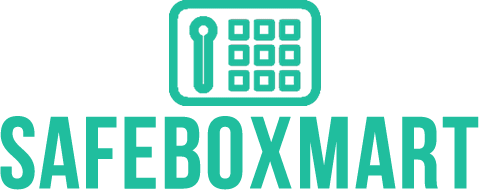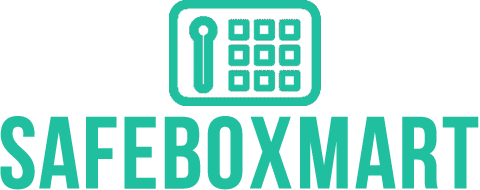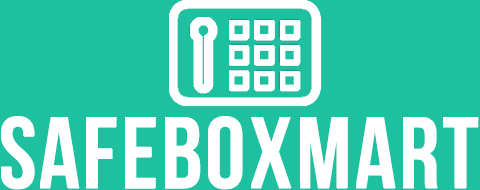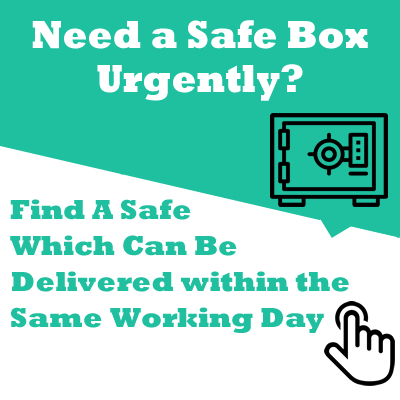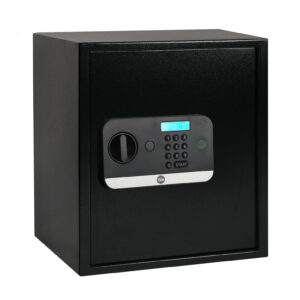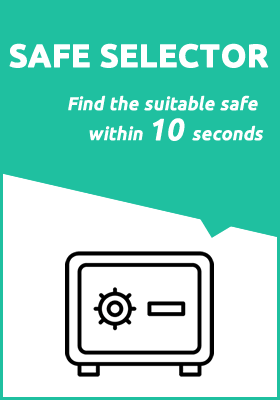Critical thinking skills are vital for success in various aspects of life, including education, career, and problem-solving. In the realm of education, educators strive to foster these skills in learners. One effective strategy that promotes critical thinking is the incorporation of cloze passage exercises. This article explores how cloze passage exercises can enhance learners’ critical thinking abilities by challenging them to analyze, evaluate, and infer information. By delving into the benefits and applications of this approach, we can better understand its potential in nurturing learners’ critical thinking skills.
Cloze passage exercises provide an excellent platform for developing analytical skills. By encountering gaps in the text, learners are compelled to carefully examine the remaining words, consider the surrounding context, and make logical connections. This process prompts learners to analyze the given information critically, identify patterns, and extract key details. Through regular practice, learners cultivate the ability to break down complex texts into smaller parts, facilitating a deeper understanding of the content and fostering their analytical skills.
Encouraging Inference and Interpretation (150 words): Cloze passage exercises encourage learners to make inferences and interpretations based on contextual cues. When confronted with missing words, learners must rely on their background knowledge and the information provided in the passage to deduce the most suitable answers. This activity trains learners to draw logical conclusions, interpret implicit information, and consider multiple perspectives. By engaging in this process, learners develop their ability to think beyond the surface level and derive meaning from the text, fostering their inference and interpretation skills.
Cloze passage exercises mirror real-life problem-solving situations. Learners are presented with a challenge, and they must employ critical thinking skills to overcome it. By actively filling in the gaps, learners are encouraged to think creatively, employ deductive reasoning, and make informed decisions. This practice helps develop their problem-solving abilities by equipping them with the skills to assess a situation, gather relevant information, and apply logical thinking to arrive at the best possible solutions.
Cloze passage exercises prompt learners to reflect on their own thinking processes and strategies. As learners encounter gaps and make choices for filling them, they become more aware of their thinking patterns, strengths, and weaknesses. This metacognitive reflection allows learners to evaluate their decision-making, assess the effectiveness of their strategies, and make adjustments accordingly. By engaging in this self-reflection, learners enhance their metacognitive skills, enabling them to become more independent and strategic learners in various academic and real-world contexts.
Cloze passage exercises contribute to the development of effective communication skills. As learners engage with the text and fill in the gaps, they must consider the appropriate words that maintain coherence and convey the intended message. This exercise challenges learners to express their thoughts accurately and concisely, fostering clarity and precision in their written and oral communication. Furthermore, learners develop an understanding of how language choices affect meaning, enhancing their ability to articulate ideas effectively in various communicative contexts.
Cloze passage exercises serve as a valuable tool for fostering critical thinking skills in learners. By developing analytical skills, encouraging inference and interpretation, promoting problem-solving abilities, stimulating metacognitive reflection, and fostering effective communication, these exercises empower learners to think critically, evaluate information, and make informed decisions, ultimately preparing them for success in a dynamic and ever-evolving world.
